| In a special live recording of the Inside Geneva podcast, host Imogen Foulkes was joined by experts in conflict resolution to discuss what a peace deal between Russia and Ukraine might look like, and to find out what makes a successful, sustainable peace. Why do some peace negotiations take years? Why do few succeed and why do so many fail? This episode brought together: Katia Papagianni, Director of Policy and Mediation Support at the Centre for Humanitarian Dialogue; Keith Krause, Director at the Centre on Conflict, Development, and Peacebuilding at the Geneva Graduate Institute; Hiba Qasas, Head of Secretariat at the Principles for Peace Initiative and Shefali Nandhra, a student in sustainable development at the Geneva Graduate Institute. “The fact that we’re talking about the possibility of using nuclear weapons, the fact that we’re talking about the possibility of the United States and China going to war over Taiwan; it’s frightening,” says Katia Papagianni, director of Policy and Mediation Support at the Centre for Humanitarian Dialogue. “There is a concept that has been floating around in academia for many years called a hurting stalemate, when the two parties decide that enough is enough. And we are clearly not at this hurting stalemate,” says Keith Krause, director of the Centre on Conflict, Development, and Peacebuilding at the Graduate Institute Geneva (IHEID). What does a lasting peace look like? “Peace is beyond the absence of violence. It’s really about access to justice, economic opportunities, security, and pluralism,” says Hiba Qasas, executive director of the Principles for Peace Initiative. “Sustainable peace needs to include the youth, it needs to inform the youth, and it needs to educate the youth; so inclusion, information, and education,” says Shefali Kaur Nandhra, a graduate student in sustainable development at IHEID. Are there good examples from the past? “There are, of course, some success stories. I think the Colombian process, we have a lot to learn from that, and not just because it was locally driven,” says Krause. “As someone who grew up in conflict, my concern is not only about the battlefield, but also about all the insidious impacts that come after the guns have been silenced,” says Qasas. To hear the audio version of this podcast and other episodes, subscribe to Inside Geneva on Apple Podcasts, Spotify, or wherever you get your podcasts. --- swissinfo.ch is the international branch of the Swiss Broadcasting Corporation (SBC). Its role is to report on Switzerland and to provide a Swiss perspective on international events. For more articles, interviews and videos visit swissinfo.ch or subscribe to our YouTube channel: Website: http://www.swissinfo.ch Channel: http://www.youtube.com/swissinfovideos Subscribe: http://www.youtube.com/subscription_center?add_user=swissinfovideos |
Tags: Featured






















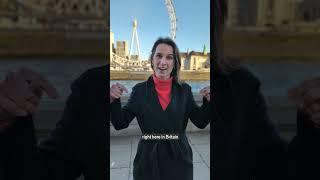




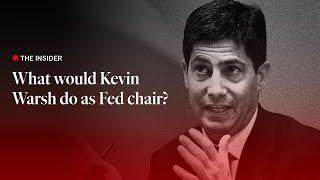
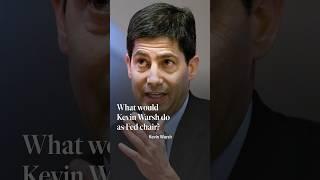

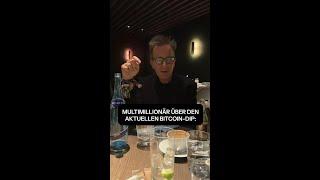
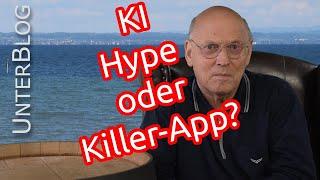



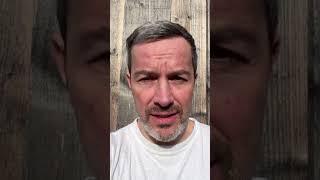




4 pings